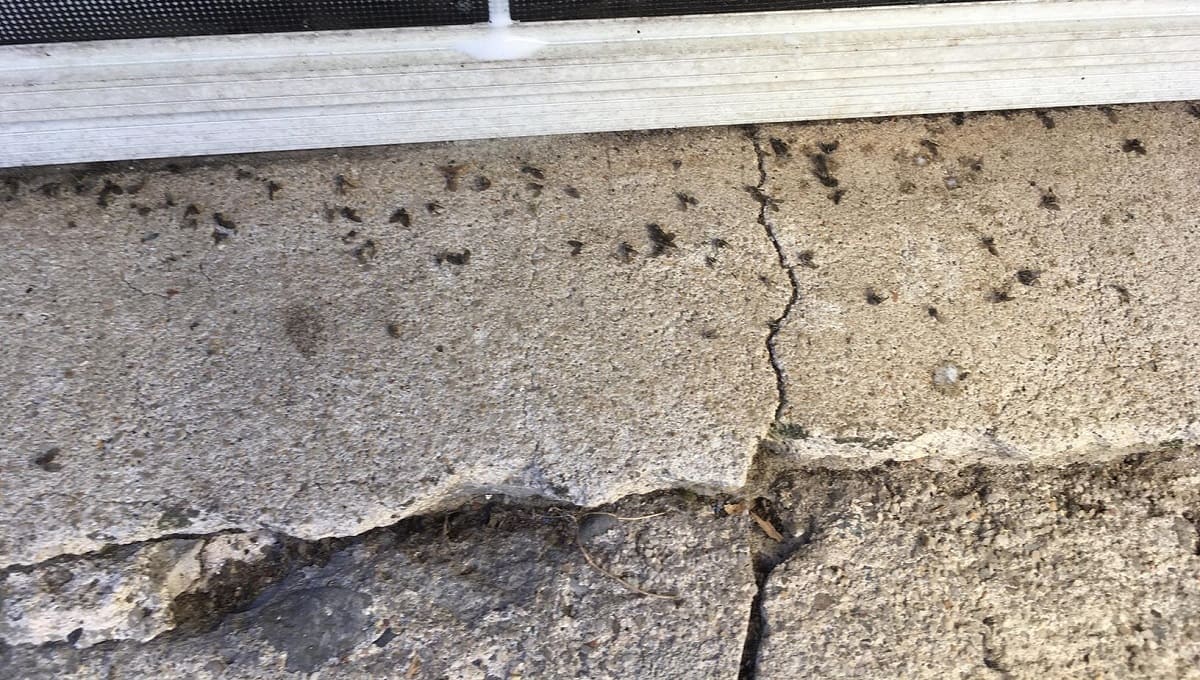

Articles
Why Do I Have Flies In My Basement
Modified: October 19, 2024
Discover why flies are infesting your basement with our informative articles. Learn how to get rid of them and keep your home fly-free.
(Many of the links in this article redirect to a specific reviewed product. Your purchase of these products through affiliate links helps to generate commission for Storables.com, at no extra cost. Learn more)
Introduction
Have you ever found yourself wondering why you have flies buzzing around in your basement? It can be a perplexing problem that many homeowners face. Flies not only annoy us with their constant buzzing, but they can also be carriers of diseases. Understanding the reasons behind the presence of flies in your basement is crucial in order to effectively control and prevent their infestation.
Basements are known for being dark, damp, and often neglected areas of the house. These conditions provide the perfect breeding ground for flies. There are several common reasons why flies are drawn to basements, including moisture and dampness, the presence of organic matter and decomposing material, poor ventilation, improper waste management, and cracks or openings that allow flies to enter.
In this article, we will discuss each of these factors in more detail, as well as the types of flies commonly found in basements and the potential health risks they pose. We will also provide useful tips and strategies for preventing and controlling flies in your basement, so you can regain a clean and fly-free living space.
Key Takeaways:
- Keep your basement fly-free by addressing moisture, organic matter, ventilation, waste management, and entry points. Protect your family from potential health risks associated with flies through proactive prevention and control measures.
- Understanding the reasons for flies in your basement and implementing preventive strategies can reclaim your space from pesky pests. Take prompt action to create a clean and healthy living environment for your family.
Read more: Why Do I Have Crickets In My Basement
Common Reasons for Flies in Basements
Flies are attracted to basements for a variety of reasons. Understanding these reasons can help you identify and address the source of the infestation. Here are the common factors that contribute to the presence of flies in basements:
- Moisture and Dampness: Basements are prone to high levels of moisture and dampness, especially if they lack proper waterproofing. Accumulated moisture creates an ideal breeding ground for flies, as they require a moist environment for their eggs to hatch and develop into larvae. Leaky pipes, sweating walls, and inadequate drainage all contribute to the excess moisture in basements.
- Organic Matter and Decomposing Material: Flies are attracted to organic matter and decomposing material, as they serve as a food source for both adult flies and their larvae. Basements often contain items such as garbage, food remnants, decaying plants, or even dead animals. These become breeding grounds for flies, attracting them to your basement.
- Poor Ventilation: Basements that lack proper ventilation can become stuffy and stagnant, creating an environment that is favorable for flies. Poor airflow makes it difficult for the basement to dry out, and without fresh air circulating, the musty odors and high humidity levels become even more pronounced, which can be attractive to flies.
- Improper Waste Management: If waste is not properly managed and disposed of in your basement, it can quickly become a breeding ground for flies. Leaving garbage bags open, not regularly emptying trash cans, or having uncovered compost bins can all attract flies, leading to an infestation.
- Cracks and Openings: Flies can easily enter your basement through cracks in the foundation, gaps around windows or doors, or through any other openings. Even the smallest of openings can provide access for flies to enter your basement in search of food and shelter.
By addressing these common reasons for flies in your basement, you can take proactive steps to prevent their entry and eliminate their breeding sources. In the following sections, we will delve into specific strategies to prevent and control flies in your basement.
Types of Flies Found in Basements
When dealing with flies in your basement, it’s important to identify the specific type of flies you are dealing with. This knowledge can help you understand their behavior and implement effective control methods. Here are some common types of flies found in basements:
- Drain Flies: Also known as sewer flies or moth flies, drain flies are small, fuzzy flies that are commonly found near drains, pipes, and sewer systems. They are attracted to stagnant water and organic matter, making basements with damp areas and leaking pipes their ideal habitat.
- Fruit Flies: Fruit flies are small, red-eyed flies that are attracted to ripe fruits and vegetables. However, they can also be found in basements due to their ability to breed in moist organic matter such as decaying fruits, vegetables, and moist soils in potted plants.
- House Flies: House flies are the most common type of fly found in homes, including basements. These gray-colored flies are attracted to organic waste, garbage, and stale food. They can easily enter basements through open doors, windows, or any cracks or openings.
- Blow Flies: Blow flies, sometimes referred to as bottle flies, are larger flies with metallic blue or green bodies. These flies are attracted to decaying animal matter and are frequently found in basements where dead animals, such as rodents or birds, may be present.
Each type of fly has its own unique habits and preferences when it comes to breeding and feeding. By identifying the specific flies in your basement, you can tailor your control methods accordingly. In the next sections, we will explore the potential health risks associated with flies in the basement and provide tips on preventing and controlling their infestation.
To reduce flies in your basement, keep the area clean and dry, fix any moisture issues, seal cracks and openings, and use fly traps or insecticides as needed.
Potential Health Risks Associated with Basement Flies
While the presence of flies in your basement may be annoying, it’s important to recognize that they can pose potential health risks. Flies are known to be carriers of various diseases and can contaminate food and surfaces with harmful bacteria. Here are some of the potential health risks associated with basement flies:
- Food Contamination: Flies are attracted to decaying organic matter, including rotting food. When they land on your food or food preparation surfaces, they can transfer bacteria and other pathogens, leading to potential foodborne illnesses. This is particularly concerning if you have a kitchen or pantry located in or near your basement.
- Disease Transmission: Flies can carry and transmit a range of diseases, including salmonella, E. coli, and cholera. They pick up these pathogens when they come into contact with contaminated surfaces or waste material and then transfer them to food or other surfaces. This can occur when flies land on exposed food or crawl on utensils and plates.
- Allergies and Asthma: Some individuals may be allergic to the proteins found in fly saliva, feces, or body parts. Exposure to these allergens can trigger allergic reactions, such as sneezing, itching, and respiratory difficulties. For those with asthma, the presence of flies can worsen their symptoms and lead to increased respiratory distress.
- Secondary Infections: Flies can also cause secondary infections when they bite humans or animals. Their bites can be itchy and irritating, and scratching the affected areas can lead to open wounds. These open wounds provide an entry point for bacteria, leading to potential infections.
It’s important to take the presence of flies in your basement seriously, as they can potentially compromise the health and well-being of you and your family. By implementing effective fly control measures and maintaining a clean and hygienic environment, you can minimize the health risks associated with basement flies. In the following section, we will provide practical tips on preventing and controlling flies in your basement.
Preventing and Controlling Flies in the Basement
To effectively prevent and control flies in your basement, it’s important to address the underlying factors that attract them. By implementing the following strategies, you can create an environment that is less appealing to flies and minimize their presence:
- Eliminating Moisture and Dampness: Since flies are attracted to moisture, it’s crucial to identify and address the sources of dampness in your basement. Fix any leaky pipes or plumbing, ensure proper drainage, and consider using dehumidifiers to reduce humidity levels.
- Removing Organic Matter and Decomposing Material: Regularly clean your basement, removing any organic debris, decaying plants, or old food items. Store garbage in sealed bags or bins and dispose of it regularly. Clean drains and sinks to prevent buildup, as these can serve as breeding grounds for flies.
- Improving Ventilation: Increase airflow and ventilation in your basement to reduce stagnant air. Open windows and use fans to circulate fresh air. Consider installing vents or exhaust fans to facilitate air movement and prevent the buildup of humid and stuffy conditions.
- Managing Waste Properly: Be mindful of how you handle and store waste in your basement. Keep trash cans tightly sealed, use garbage bags that are resistant to punctures, and empty trash regularly to minimize the attraction of flies. If you have a compost bin, ensure it is covered and properly maintained.
- Sealing Cracks and Openings: Inspect your basement for any cracks, gaps, or openings that flies can use as entry points. Seal these openings using caulk, weatherstripping, or other appropriate materials. Pay special attention to areas around windows, doors, and utility pipes.
Implementing these preventive measures can significantly reduce the likelihood of flies infesting your basement. Regular maintenance and cleanliness play a crucial role in keeping flies at bay. Additionally, consider using fly traps, screens, or fly repellents as supplemental measures to help control fly populations.
By following these strategies and taking a proactive approach to fly prevention, you can enjoy a clean and fly-free basement. Remember to consistently monitor for any signs of fly activity and promptly address any potential issues to maintain a healthy living space.
With these steps in place, you can reclaim your basement from pesky flies and create a comfortable environment for yourself and your family.
Conclusion
Dealing with flies in your basement can be a frustrating and unsanitary problem. However, by understanding the common reasons for their presence and implementing preventive measures, you can effectively control and eliminate their infestation.
Moisture and dampness, organic matter and decomposing material, poor ventilation, improper waste management, and cracks or openings are all factors that attract flies to basements. By addressing these issues, such as fixing leaks, removing debris, improving ventilation, managing waste properly, and sealing entry points, you can significantly reduce the likelihood of flies infesting your basement.
It’s important to recognize that flies in basements can pose potential health risks. They can contaminate food and surfaces, transmit diseases, trigger allergies and asthma, and cause secondary infections. By taking prompt action to prevent and control flies, you can protect the health and well-being of your household.
Regular cleaning, proper waste management, and good ventilation are key to keeping flies at bay. Additionally, using fly traps, screens, and repellents can be effective supplemental measures to control fly populations.
Remember, prevention is crucial when it comes to flies in your basement. By adopting good hygiene practices and implementing the strategies discussed in this article, you can create a clean and fly-free environment in your basement.
So, don’t let flies take over your basement. Take action today and reclaim your space from these pesky pests!
Now that you've tackled basement flies, consider broadening your home care routine. Regular home upkeep ensures everything runs smoothly. Delve into essential home maintenance routines that can keep problems at bay. Keeping kitchens pristine is another crucial task. Learn effective cleaning tips for refrigerators to maintain freshness and hygiene. Finally, if pesky insects still bug you, discover fly traps that work wonders in capturing those unwelcome guests. Continue enhancing your living space with these insightful guides.
Frequently Asked Questions about Why Do I Have Flies In My Basement
Was this page helpful?
At Storables.com, we guarantee accurate and reliable information. Our content, validated by Expert Board Contributors, is crafted following stringent Editorial Policies. We're committed to providing you with well-researched, expert-backed insights for all your informational needs.
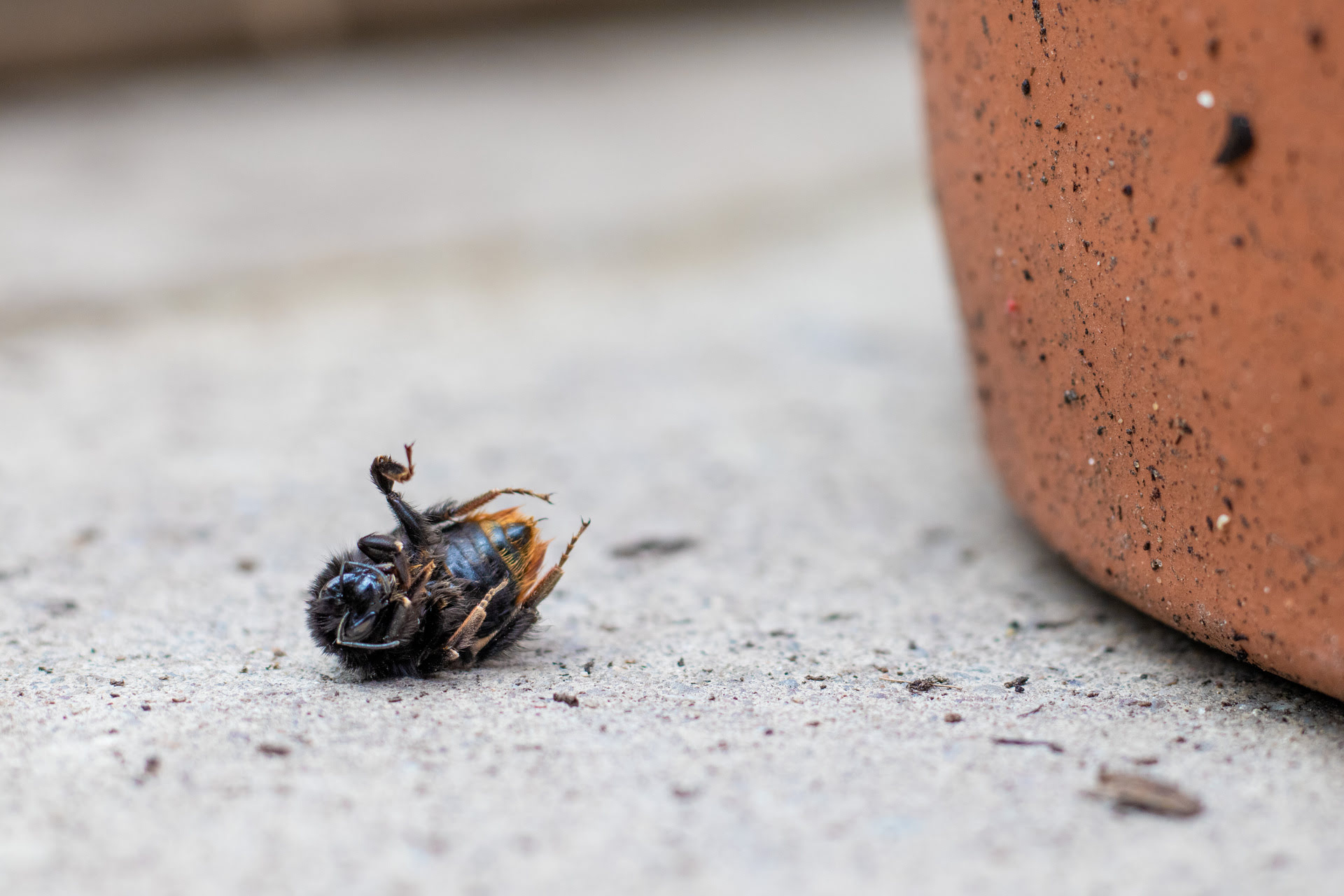


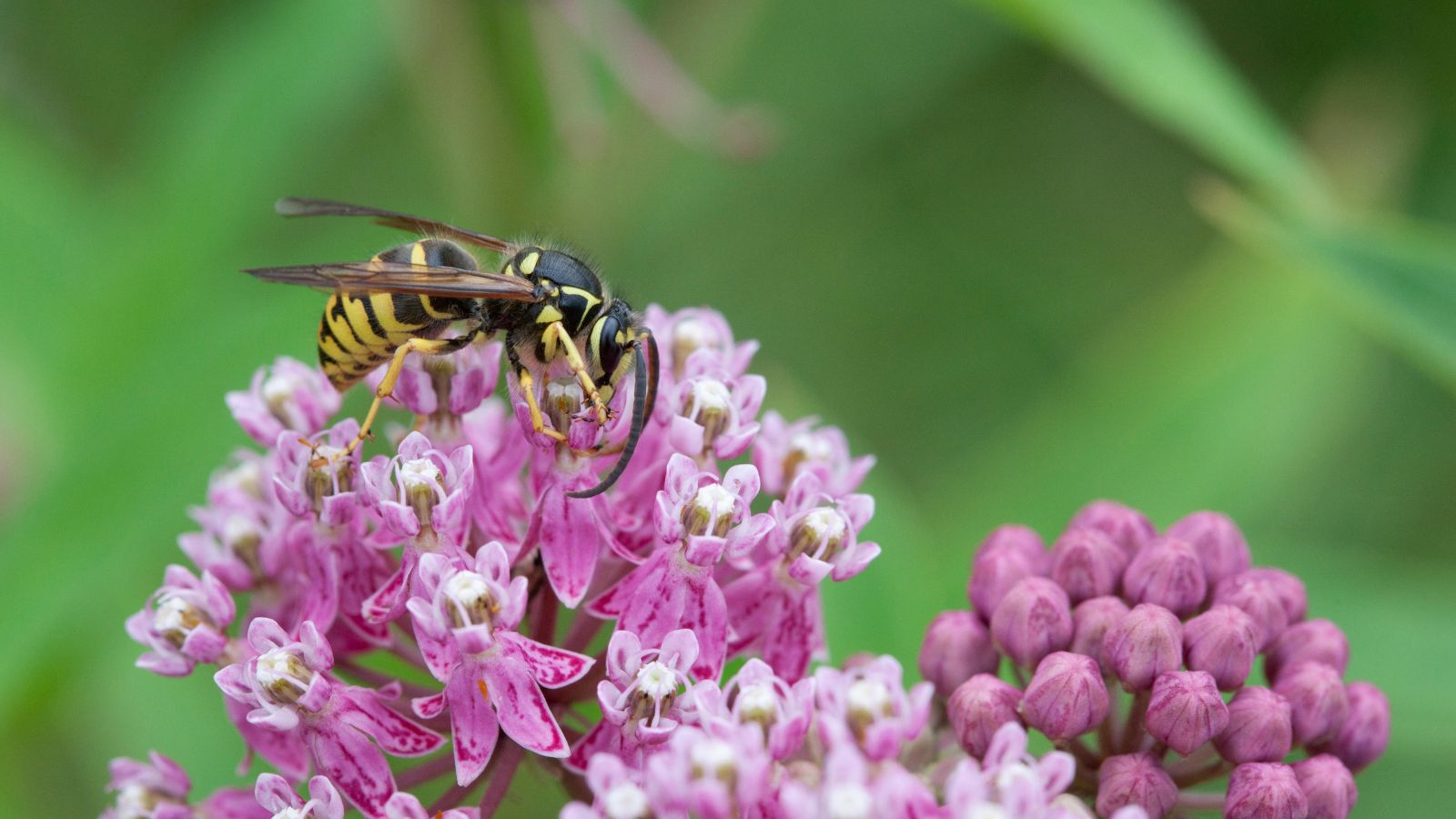
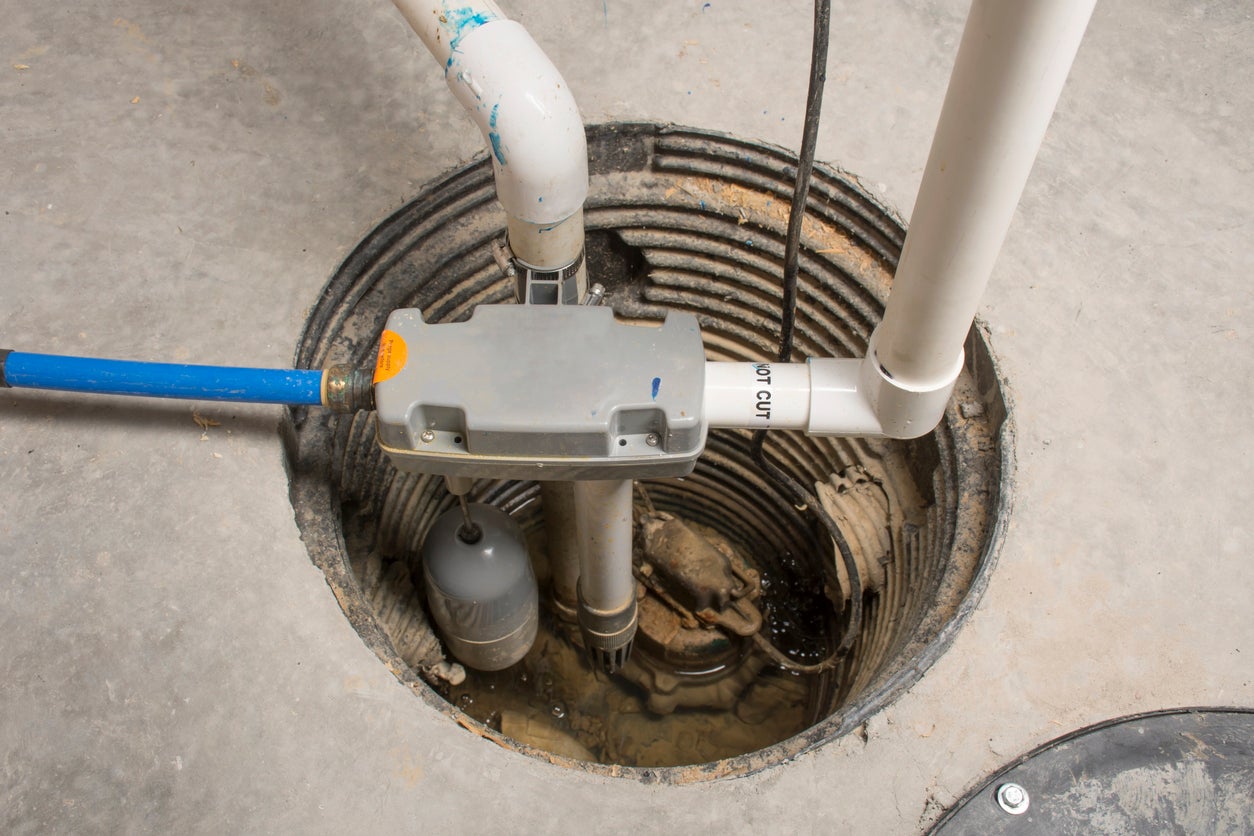
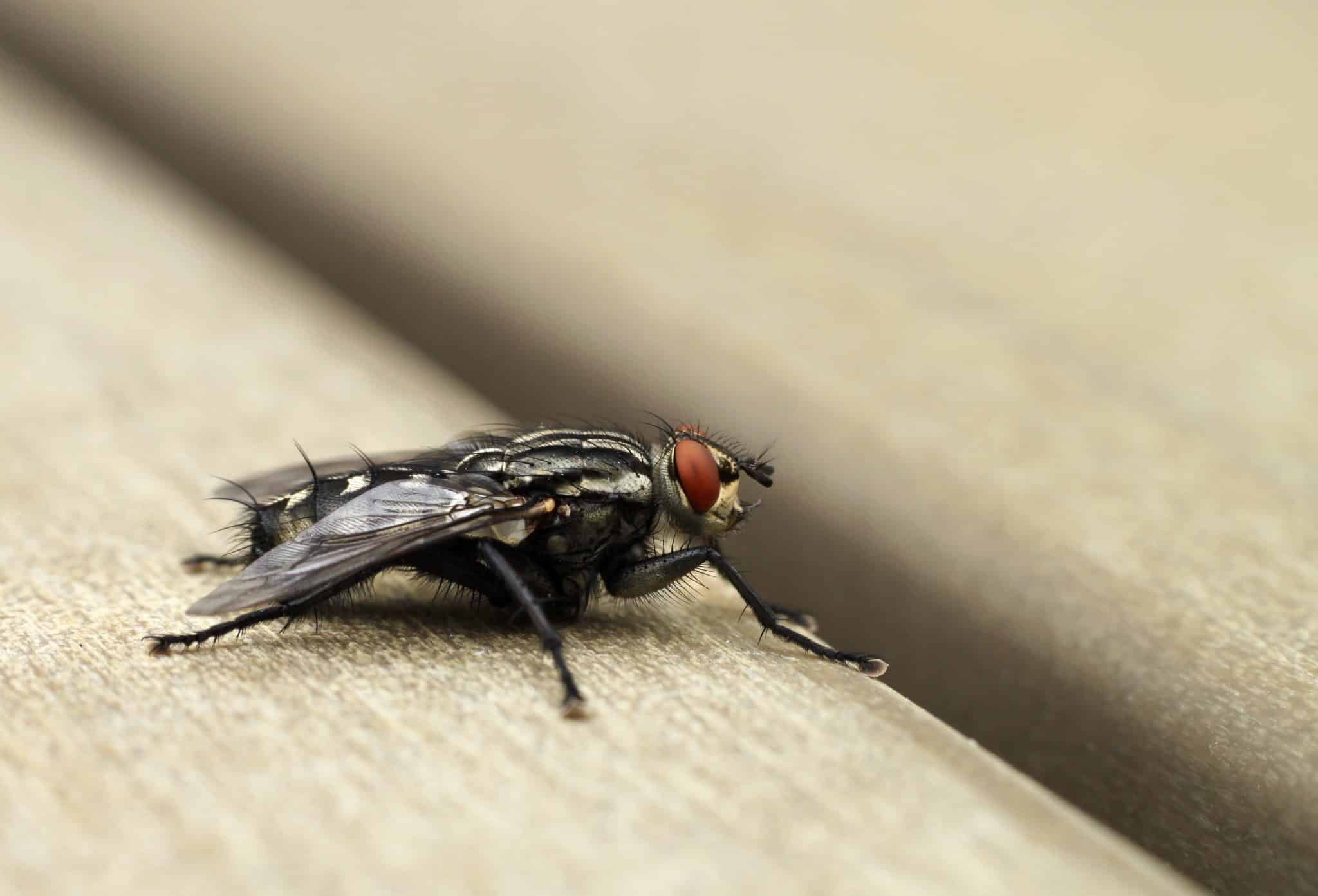

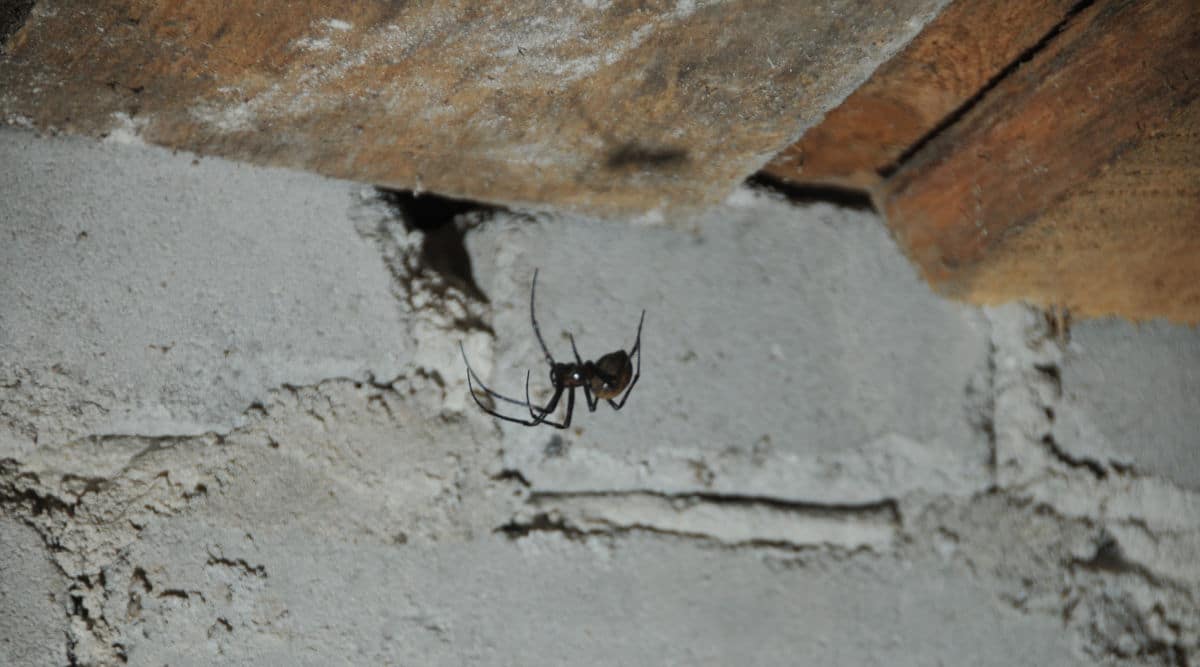
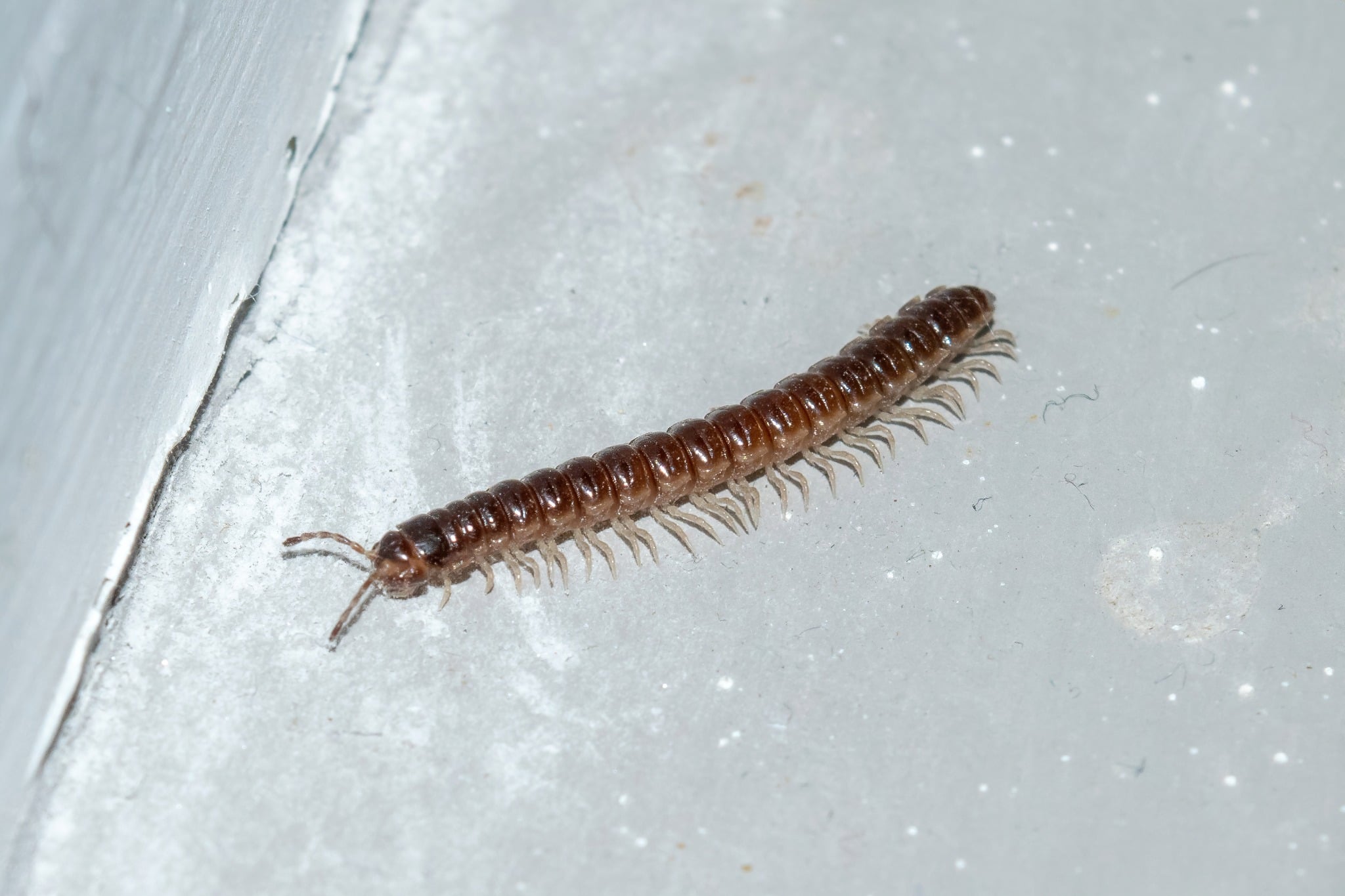
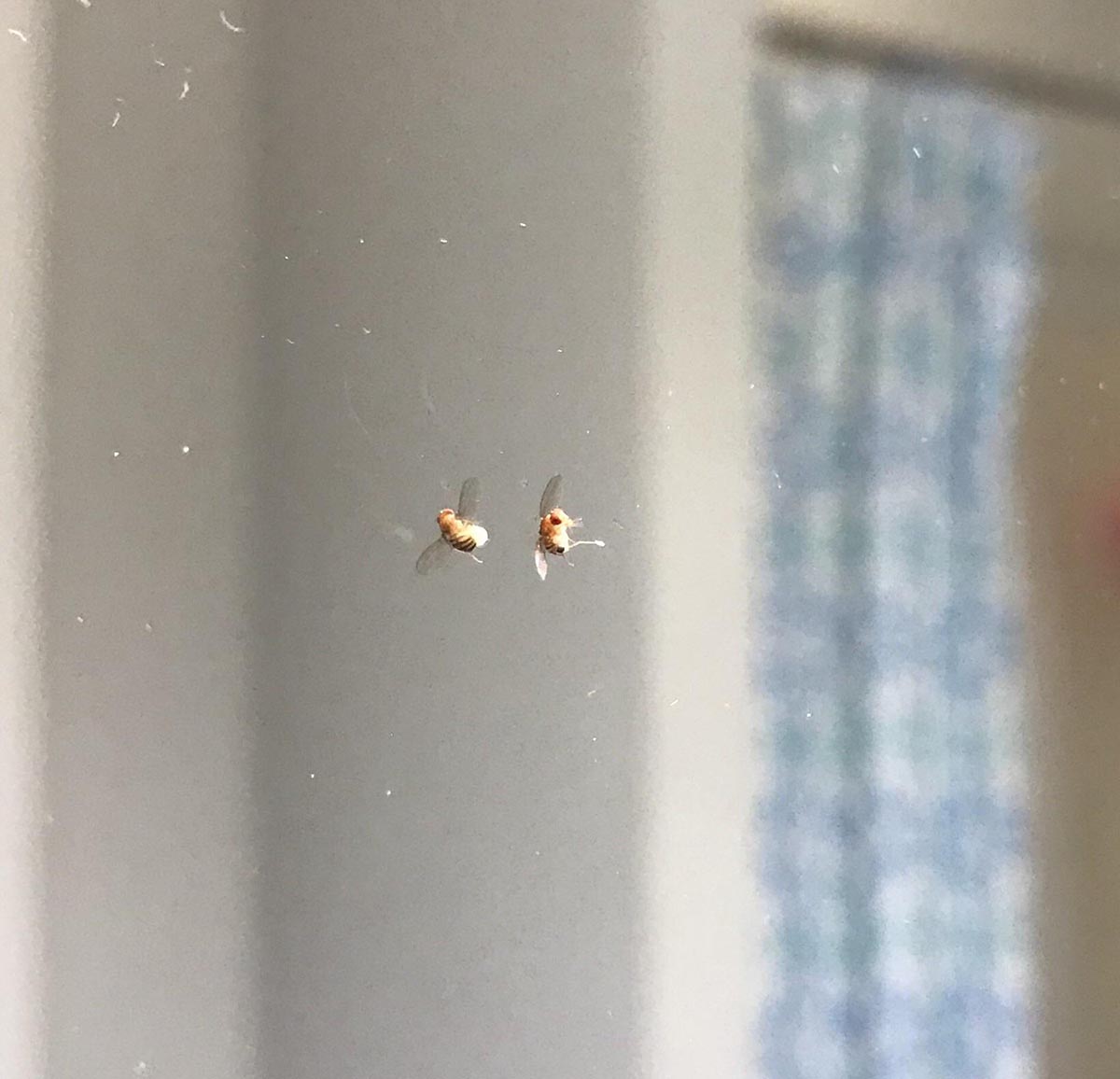
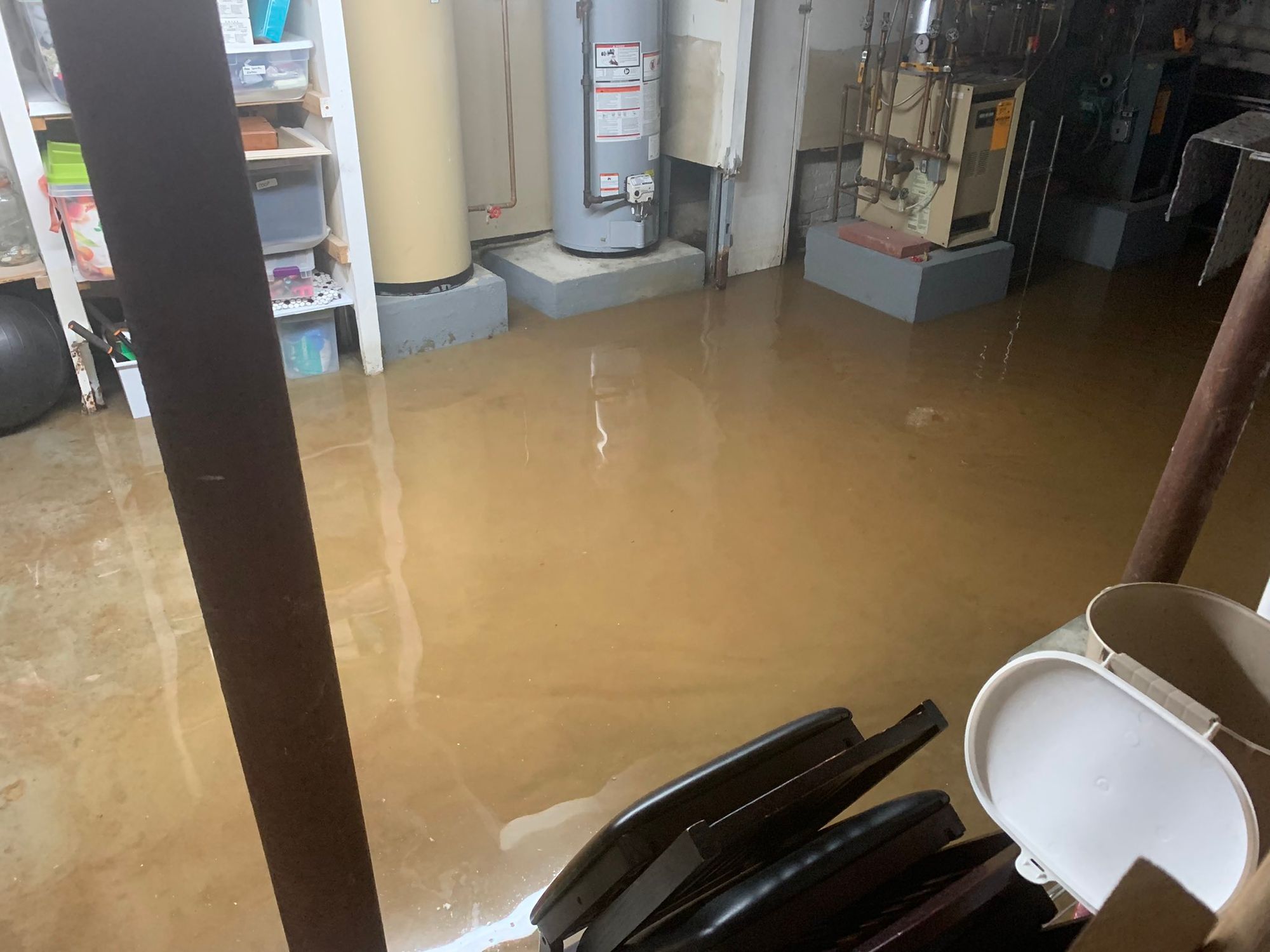

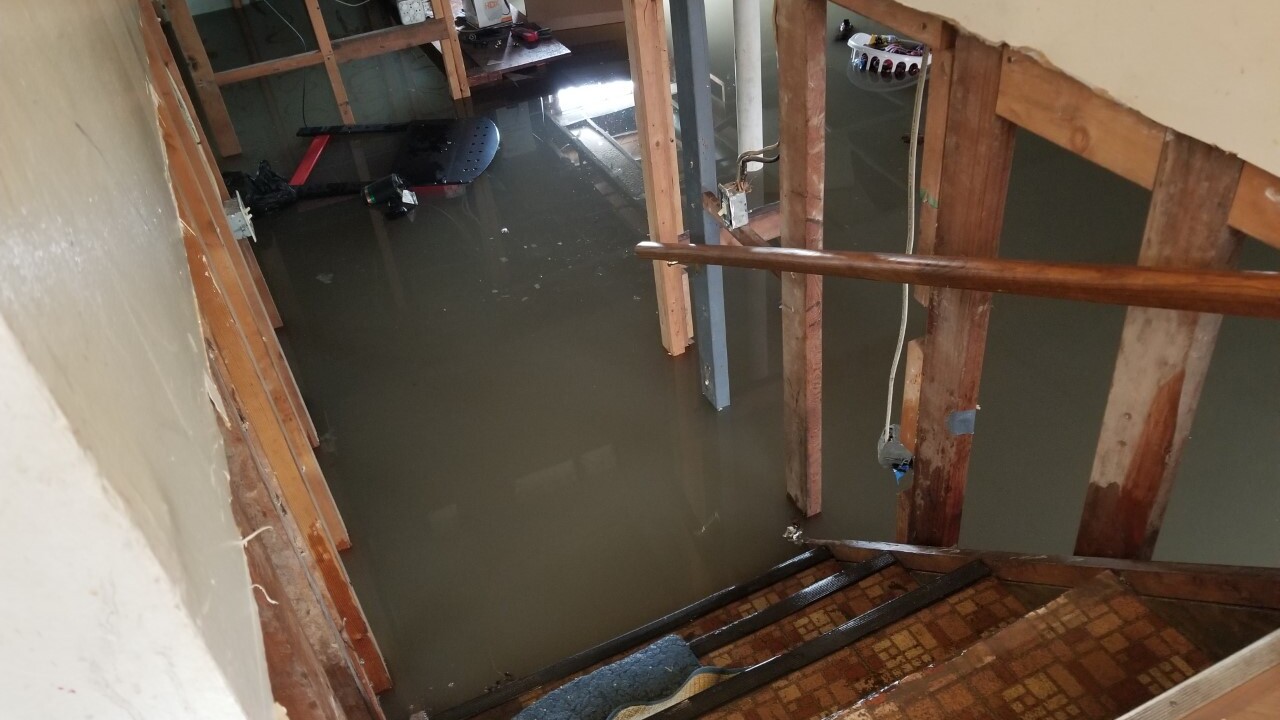


0 thoughts on “Why Do I Have Flies In My Basement”